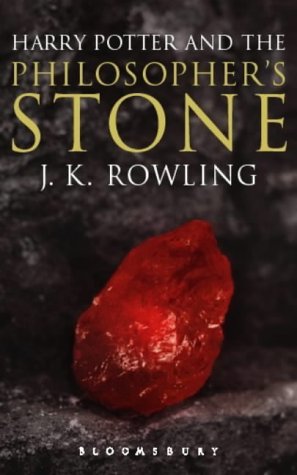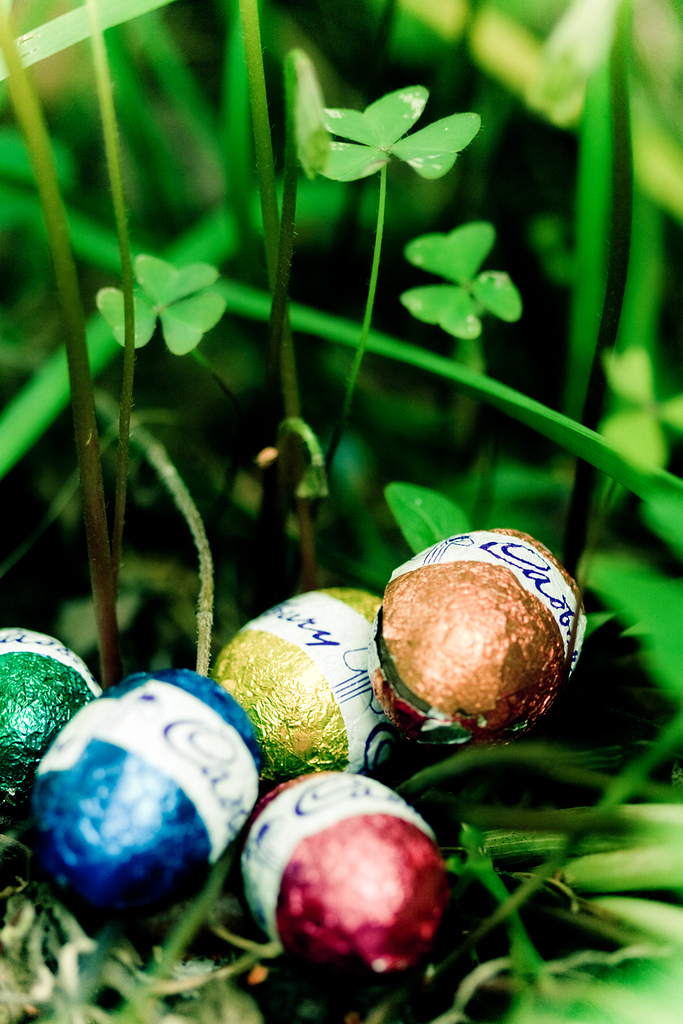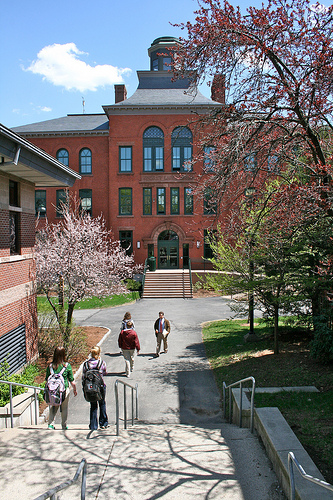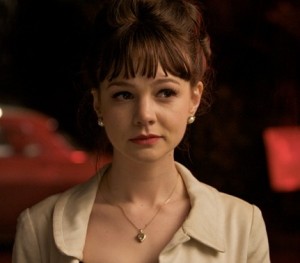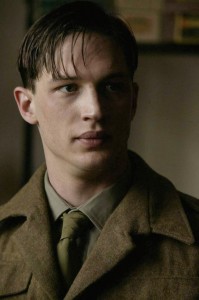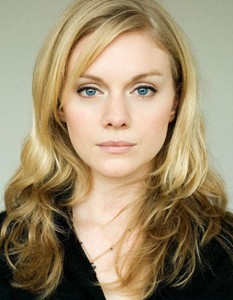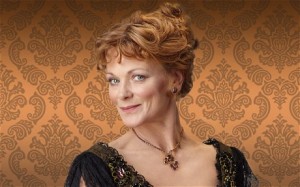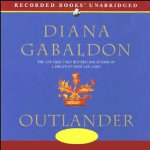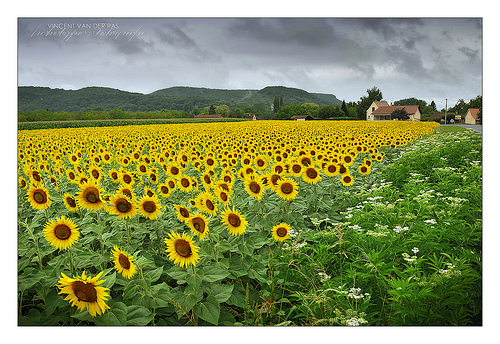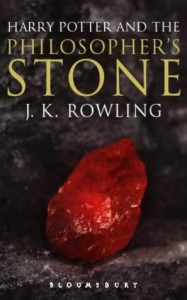 A friend of mine gave me the wonderful gift of all of the Harry Potter books in e-book format. I just reread the first on my Kindle, and I must say that visiting Harry Potter’s wizarding world feels as comfortable as curling up under a warm blanket, snug against the cold. I realized on this reading that I have much of the book memorized at this point, but this was the first time I read the British version, Harry Potter and the Philosopher’s Stone. My friend managed to get the British versions of the books for me, and after reading just this one, I much prefer the British versions. I have always thought the American title for this book was foolish dumbing-down for Americans, as though Americans couldn’t be expected to be familiar with the Philosopher’s Stone. I remember being confused when I first read it, thinking that the Sorcerer’s Stone sounded a lot like the Philosopher’s Stone, and wondering why Rowling didn’t use that term, only to find out she did, but that her American editors changed it. Grrr.
A friend of mine gave me the wonderful gift of all of the Harry Potter books in e-book format. I just reread the first on my Kindle, and I must say that visiting Harry Potter’s wizarding world feels as comfortable as curling up under a warm blanket, snug against the cold. I realized on this reading that I have much of the book memorized at this point, but this was the first time I read the British version, Harry Potter and the Philosopher’s Stone. My friend managed to get the British versions of the books for me, and after reading just this one, I much prefer the British versions. I have always thought the American title for this book was foolish dumbing-down for Americans, as though Americans couldn’t be expected to be familiar with the Philosopher’s Stone. I remember being confused when I first read it, thinking that the Sorcerer’s Stone sounded a lot like the Philosopher’s Stone, and wondering why Rowling didn’t use that term, only to find out she did, but that her American editors changed it. Grrr.
Aside from the fact that the British version is better, it’s a joy to return to this world that Rowling crafts so fully and so beautifully again and look around. Her books are always just as good as I remembered them. Harry, Ron, and Hermione are always as wonderful and winsome as they were the first time. I think Rowling has something of Dickens’s gift for crafting characters. The first time I read the books, I was struck by Rowling’s wordplay, too, and I still enjoy it when I reread.
There are not many books that I reread frequently, but the Harry Potter books certainly are, and I find something new to enjoy and marvel at each time. This time, for instance, I read Harry Potter and the Philosopher’s Stone after having experienced that book on Pottermore. I had the extra information about wandlore, Quirrell’s house at Hogwarts, and McGonagall’s history in mind as I read. I won’t share that information, as it is spoilery, and if you didn’t manage to get into the Beta version of Pottermore, you might wish to explore it on your own and discover the information as you navigate the site. Besides, if you want the spoilers, you can find them elsewhere online. Reading the book made me want to hop on Pottermore and reread some of those sections on the site. I remember how unexpectedly moved I felt when I got my wand, and how happy I was to be sorted in Ravenclaw (I always knew I was a Ravenclaw).
I thoroughly enjoyed the experience of reading this book on my Kindle, too. I often highlight and annotate more in my Kindle books, as I don’t necessarily share them with other family members (and we certainly share Harry Potter books), and I also don’t feel like I’m defacing books. I have a peculiar aversion to writing in books. It does not bother me to write in textbooks or professional reading; in fact, I mark those books up quite a lot. I don’t like annotating fiction, though. What I should say is I don’t like annotating print fiction. I annotate e-books quite a lot. Reading this book on my Kindle gave me license to highlight all my favorite parts and take notes on connections I made. I enjoyed reading the book in this way. Perhaps if I didn’t have a hangup about writing in my print books, reading e-books wouldn’t feel that different to me, but I am finding that I actually prefer e-books lately because I feel I can write in them.
Of course, I finish this book as the book world is buzzing about J. K. Rowling’s new book, The Casual Vacancy, set for release in September. The readers will, of course, just be outraged that it’s not Harry Potter, but I think Rowling is right to go for something completely different. It will be expensive: nearly $35 for hardback and $20 for the e-book (Amazon has it for pre-order in hardback at $21.00). I’ve never paid so much for an e-book, and I can’t see myself rushing out to buy the book at those prices.
The Guardian also recently ran a lovely piece on rereading: “The Pleasures of Rereading” by Tom Lamont.
Rating:




